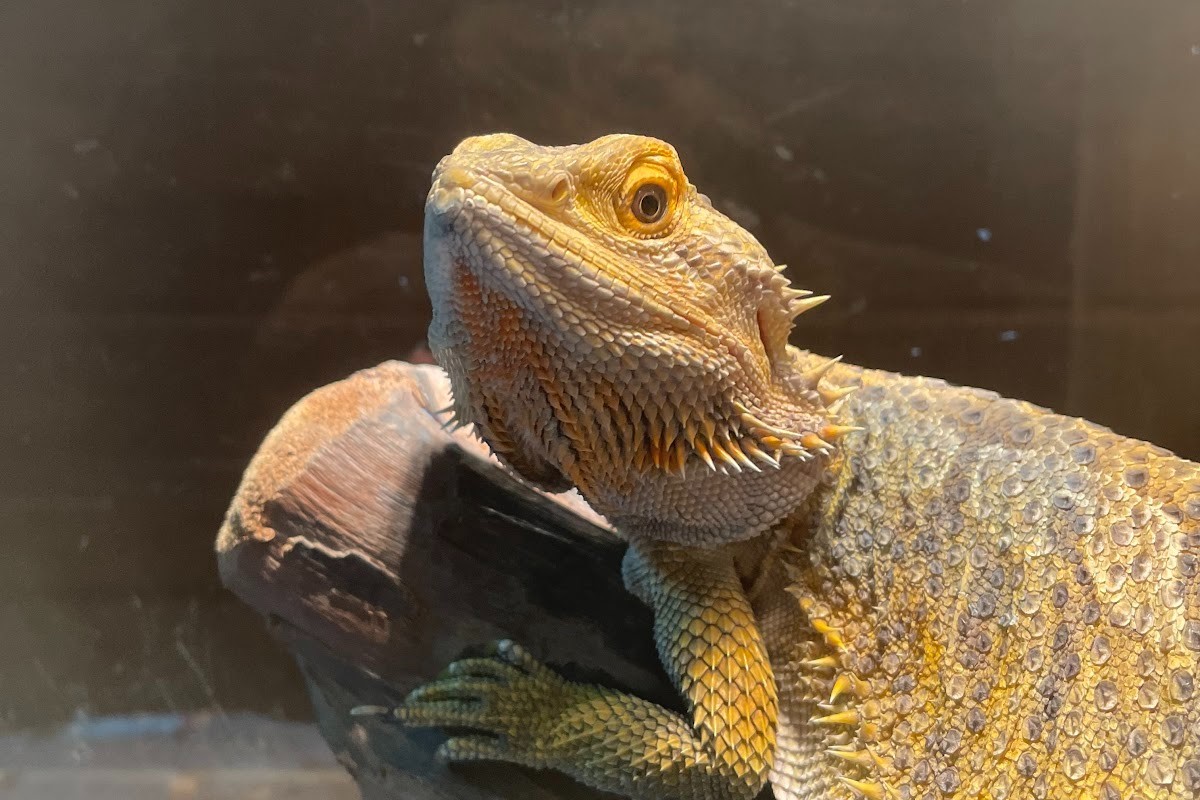Pets and Stress
When it comes to stress, people have their own way of managing and handling it. With chronic stress being on the rise as effects from Covid are still felt today, pets have become increasingly commonplace in households. In fact, a study done on a Forbes Advisor survey found that a large majority of pet owners (78%) acquired pets during the pandemic.
It is well-known that pets decrease levels of cortisol just by accompanying us on an everyday basis, lowing blood pressure at the same time. Pets can even improve social interactions as they enable children to build their non-verbal communication skills by teaching them the value of compassion and empathy.
“Having a pet in the home results in advantages in someone’s life by teaching young kids responsible while being a stress reliever,” said sophomore at South Windsor High School Greta Lewis.
On the other hand, others, such as Hitesshree Dirisala comment, “There are so many other benefits to having a pet such as being outside more and finding joy in the little things”.
Not only that, but pets can teach us valuable lessons to use in the workplace by motivating us to work toward better time management. Children who take care of their pets seriously can often better hold themselves accountable to following a schedule or a strict regiment.
“I had to learn the boundaries of my dog in order to ensure we were on the same page,” said Akash Chandiramouli.
However, new studies delve more deeply into how pets can aid in child development and better enable kids to be empowered to take initiative for their own health. More often than not, older children struggle with managing their Type 1 diabetes on their own, as it can be difficult for them to track their blood glucose levels and shots on a timely basis. Children who were tending to their fish’s needs, along with monitoring blood glucose levels, felt as though they were more disciplined in tracking their health throughout the day.
With a rise in pets throughout the United States, it is imperative that we tend to our pets needs while at the same time keeping their health in the best interest. Here at The Prowl, we’re celebrating the pets who have made a difference in student lives outside of the classroom.

Eshal Irfan is a sophomore at South Windsor High School who is writing for The Bobcat Prowl in Journalism I. Irfan particularly enjoys arts and crafts, creative projects, and reading historical fiction...

Greta Lewis is currently a sophomore at South Windsor High School and excited to join the writing team at The Bobcat Prowl. Lewis does gymnastics for the school and an outside club and is joining the track...


















